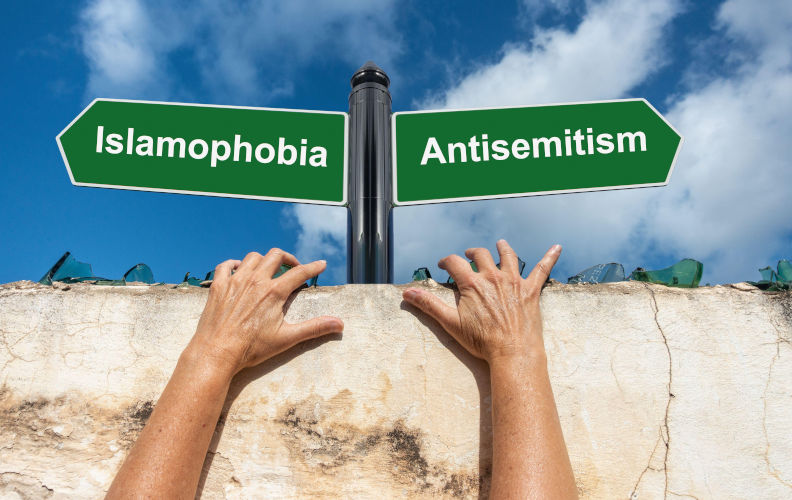Why any strategy to combat antisemitism must also address Islamophobia
July 15, 2025
Australia’s newly released Plan to Combat Antisemitism has sparked strong debate and rightly so.
Few people would deny that antisemitism is real and dangerous, but many are questioning whether this plan promotes a narrow, politicised understanding of racism.
According to the Jewish Council of Australia, the plan risks deepening community divides by focusing almost exclusively on antisemitism, while ignoring Islamophobia, anti-Palestinian racism and other forms of hate. This isn’t a fringe concern, it’s a call for consistency.
Antisemitism does not exist in a vacuum. If we’re serious about safety and inclusion, then our anti-racism strategies must be universal, not selective.
Whose safety counts?
One of the most troubling aspects of the plan is the way it frames Jewish safety as separate from, and more urgent than, the safety of other marginalised groups.
Why does antisemitism get a national plan, while Islamophobia and anti-Palestinian racism remain largely unaddressed? Especially, when Muslim Australians regularly face vilification, surveillance and exclusion, both online and in real life.
It’s not hard to see how this imbalance can encourage resentment, especially amongst communities who feel unheard or targeted. When criticism of Israel is lumped together with hate speech, it risks silencing genuine political expression, something that is critical in any democracy.
This is not a competition
This is not about ranking oppressions. It’s about recognising that racism is interconnected. A system that only responds to one form of hate while ignoring others is not protecting anyone, it’s protecting a status quo.
Solidarity doesn’t mean ignoring antisemitism. It means rejecting all racism, including the kind that targets Muslims, Palestinians, First Nations people, or any other community. It also means recognising that Jewish people are not a homogeneous group. Many Jewish Australians, particularly those who oppose Zionism or speak up for Palestinian rights, also feel marginalised by the current plan.
If we want to build genuine community safety, we must make room for these diverse voices, not silence them.
What real anti-racism looks like
Real safety doesn’t come from censorship. It comes from justice, solidarity and the freedom to speak, protest, and dissent. That means crafting strategies that:
- Tackle Islamophobia and anti-Palestinian racism with the same urgency and funding as antisemitism.
- Include Jewish voices critical of Israeli Government policy, not just those who align with it.
- Defend freedom of expression, including the right to protest and critique foreign governments.
- Avoid politicising antisemitism by using it as a shield against valid human rights concerns.
We also need leadership that reflects this unity. The Special Envoy for Combating Antisemitism should not be working in isolation. They should be collaborating closely with the Special Envoy for Islamophobia and with leaders from First Nations, migrant and other targeted communities. Racism doesn’t happen in silos and our response to it shouldn’t either.
Co-ordinated action sends a stronger message – that we are serious about fighting hate in all its forms, not just the ones that fit a particular political storyline.
A plan that fails to address these things will not bring communities together. It will push them further apart.
A personal stake
Many of us come to this conversation because we care very deeply about ending racism in all its forms. We may have friends, colleagues, or family members who are Jewish, Muslim, Palestinian or all three. When one community’s pain is amplified while another’s is ignored, it doesn’t just create injustice. It absolutely undermines our shared humanity.
I’m not calling for less protection for Jewish Australians. I’m calling for more protection for everyone. We don’t need to water down the fight against antisemitism; we need to broaden the lens.
Real anti-racism doesn’t play favourites. It listens, it learns and it refuses to leave anyone behind.
Australia (and other countries) have an opportunity to lead by example. Let’s build anti-racism strategies that unite us, not divide us and ensure no one is left standing alone.
Further reading:
Special envoy’s plan to combat antisemitism
The views expressed in this article may or may not reflect those of Pearls and Irritations.

